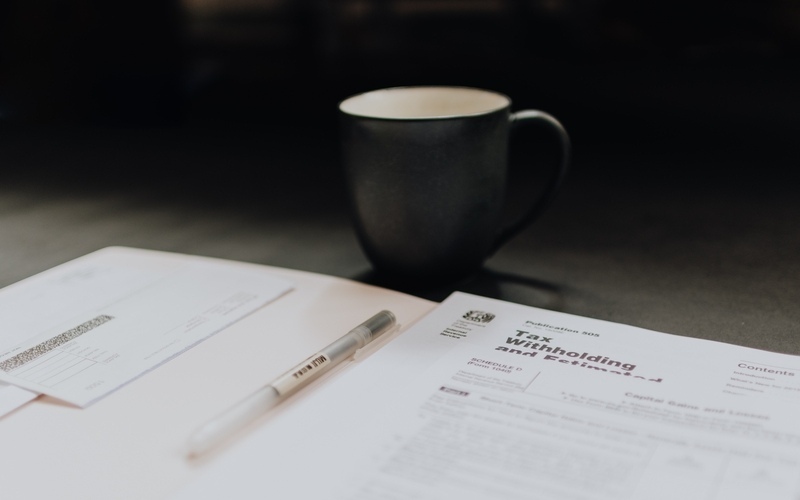The BluePrint Institute today called for an optional, standardised $3,000 deduction in its new report Bye-Bye Tax Returns.
With Australian Taxation Office (ATO) data showing $3,000 is around the average personal tax deduction, the Institute's report says this option would save money and time for both individuals and the government.
According to the report, Australians spend $2.3 billion a year managing their tax affairs through accountants and the like, which is also tax deductible, while the ATO spends $3.8 billion each year administering and enforcing compliance on tax deductions.
This results in about one in every 300 taxpayer dollars being spent on either accountants or tax administration - money the BluePrint Institute argues is better placed in people's wallets.
Someone earning between $45,001 and $120,000 who selected the automatic $3,000 deduction would get a tax refund of $975, based on current marginal tax rates.
While the research says manual deductions should still be allowed, a $3,000 standard deduction covering work-related expenses and a range of other personal deductions like charitable contributions would leave 11 million taxpayers better off by:
- Giving 80% of taxpayers a tax cut of around $400-$1,000 per year
- Reducing compliance costs by almost $4 billion per year
- Saving the budget $5 billion per year, and $750 million per year in accounting and legal fees
- And by making the tax system more progressive and by eliminating gaming
Related: Claiming non-work expenses on your tax return.
"The Government is not a charity; taxes, by definition, are not optional. But our vague system of deductions, which affords considerable discretion to the taxpayer, makes them so," the report said.
"Four in five discrepancies in tax returns are for deductions, half for work-related expenses.
"The system is also unfair. Those who know how (and are willing) to game the system do so—and pay less tax than everyone else as a result."
The BluePrint Institute says tax reform must also focus on "tangibly improving people's lives".
"On simplifying our tax system, cutting away the red tape that makes our lives more difficult. And on stamping out gaming, which undermines people’s faith in the system," it said.
"All other things equal, simpler is better."
The table below features savings accounts with some of the highest interest rates on the market.
Will the government go for this solution?
A standardised tax deduction is not a new proposal - in 2018 the United States, for example, nearly doubled its standard deduction rate, and research there shows 90% of taxpayers who used it were better off.
Other countries also allow for such a deduction, including Japan, France, Germany, Belgium, Spain, Poland, Sweden and Korea.
Former Treasurer Wayne Swan even proposed a $500 standard deduction for workplace expenses in 2012-13, rising to $1,000, although that never came to pass.
"This means less time with the Tax Pack, more time with loved ones, and for 6.4 million Australians it also means a bigger tax refund," Mr Swan said at the time.
Whether the current government will go for such a proposal looks unlikely: in 2018, the House of Representatives Standing Committee on Tax and Revenue suggested a standard deduction, but the government ruled it out.
“A long-standing principle of the Australian tax system is to tax a person on their income after accounting for legitimate costs incurred in earning that income,” the government said.
“Deductions for costs incurred in producing income recognise that people incur different costs in producing income and permitting deductions is intended to equalise the treatment between those who incur costs in producing their income and those who do not.”
See also: The top tax apps compared & TaxFox app review
Photo by Kelly Sikkema on Unsplash
Disclaimers
Savings.com.au does not provide tax advice. This material has been prepared by Savings.com.au and is for informational purposes only, and is not intended to provide, and should not be relied on for tax advice.
For tax advice relevant to you, visit the ATO or consult an independent tax advisor.








 Denise Raward
Denise Raward
 Harry O'Sullivan
Harry O'Sullivan

 Harrison Astbury
Harrison Astbury

